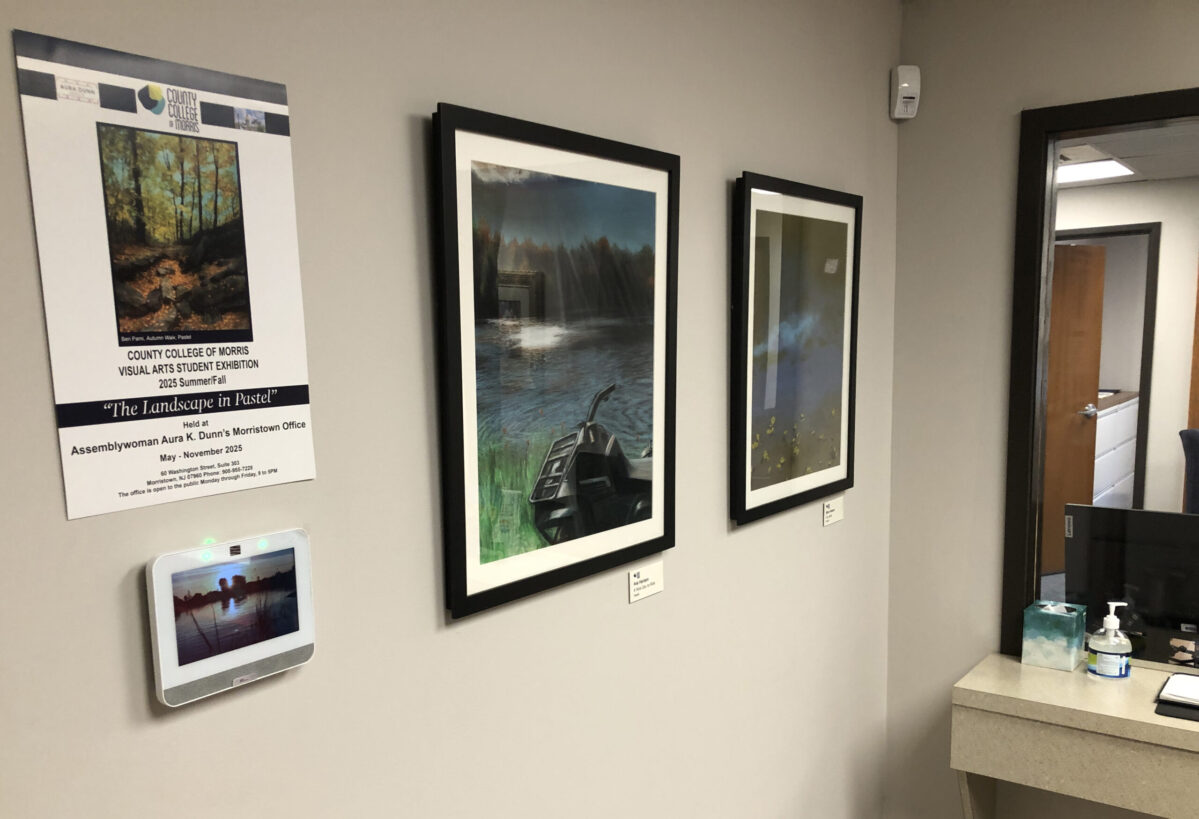What You Will Learn
The Electronics Engineering Technology program is a two-year career-oriented curriculum that prepares you for positions in electronics industries and related electronics service. Job responsibilities center on technical problem-solving and the practical application of engineering.
In your second year of study if you are also interested in health related fields, you may select to pursue the Biomedical Equipment option to develop a specialization in equipment used in the healthcare industry, learning how to maintain and repair the equipment.
Curriculum
Our Electronics Engineering Technology – Biomedical Equipment Option includes a 40-credit engineering core with courses such as Biomedical Clinical Experience, Biomedical Electronics, Intro to Exp and Design, and Circuit Analysis DC/AC.
This program is completed through on campus learning between lectures and laboratory using high-end computers and equipment.
Cooperative Education, a work-study program with local firms, is also available.
Careers in the Field
Earning an Associate of Applied Science (A.A.S.) in Electronic Engineering Technology with the Biomedical Equipment option opens career opportunities as a:
- Biomedical Equipment Technician (BMET): Maintain, repair, and troubleshoot medical equipment in hospitals, clinics, or other healthcare facilities.
- Clinical Engineering Technologist: Work on the development, testing, and maintenance of medical devices and equipment used in healthcare settings.
- Medical Equipment Sales Representative: Sell biomedical equipment and devices to healthcare institutions, providing technical expertise and support to clients.
- Field Service Engineer: Provide on-site support and maintenance for biomedical equipment, ensuring it functions properly and meets regulatory standards.
- Quality Assurance Technician: Ensure that biomedical equipment meets quality and regulatory standards, conducting inspections and tests.
- Healthcare Technology Manager: Oversee the management of biomedical equipment in healthcare facilities, including procurement, maintenance and staff training.
- Technical Support Specialist: Provide technical assistance and support to users of biomedical equipment, troubleshooting issues and offering solutions.
Why Study Electronic Engineering Technology at CCM?
- Healthcare is a stable and essential industry. By specializing in biomedical equipment, you position yourself in a field with consistent demand, offering job stability and potential for career growth.
- The intersection of electronics and healthcare is a rapidly growing field. With this degree, you can contribute to advancements in medical technology, making a positive impact on patient care.
- The AAS program includes hands-on training, allowing you to work with actual biomedical equipment. This practical experience is valuable for transitioning into the workforce with real-world skills.
- CCM offers cooperative education, a work-study program, with local electronic firms such as Atlantic Health System. Internships are available with Mecca Electronics, BASF, Honeywell and Siemens.
- This program is accredited by the Engineering Technology Accreditation Commission of ABET.
Educational Objectives
The program educational objectives of the Electronics Engineering Technology program are to:
- Produce graduates who are employed and operate effectively in positions that lie between those of the skilled crafts-person and those of the graduate electrical engineer.
- Produce graduates who can successfully transfer and complete a baccalaureate degree program in Electronics Engineering Technology.
Outcomes Assessment
A student in the program is expected to be able to meet the following outcomes at the time of graduation:
- an ability to apply knowledge, techniques, skills and modern tools of mathematics, science, engineering, and technology to solve well-defined engineering problems appropriate to the discipline;
- an ability to design solutions for well-defined technical problems and assist with the engineering design of systems, components, or processes appropriate to the discipline;
- an ability to apply written, oral, and graphical communication in well-defined technical and non-technical environments; and an ability to identify and use appropriate technical literature
- an ability to conduct standard tests, measurements, and experiments and to analyze and interpret the results; and
- an ability to function effectively as a member of a technical team.
Paying For Your Biomedical Equipment Education
Earning a Degree in Biomedical Equipment is a powerful investment that will pay off over the course of your life, in both increased earnings and job satisfaction. But what is the upfront cost, and how do you afford it?
There’s good news: Scholarship opportunities are available! In addition to the general scholarships available at the college, Glenbrook Technologies, NDIA John Amerspek, NDIA Rodney Frelinghuysen and NDIA Dean Gallo offer scholarships.
Please contact the Department of Engineering Technology and Engineering Science for more information.
Featured Courses
Biomedical Electronics
This course is the study of the techniques and theory behind the instrumentation utilized in hospital and health-related laboratory work. Emphasis is placed on physiological signals derived from the body and the problems and safety issues associated with their measurement. Demonstrations are conducted in class.
Active Circuit Design
This course covers analysis and design of solid-state amplifiers using bipolar and field effect transistors. Topics include frequency response using Bode plots and feedback analysis as applied to operational amplifiers and oscillators. Laboratory verification includes transistors, amplifiers, power amplifiers, IC operational amplifiers and oscillators.
Circuit Analysis DC/AC
This course introduces the student to both DC and AC circuit theory. It includes Ohm’s and Kirchoff’s laws for analysis of series and parallel circuits. Computer circuit simulation of series-parallel, ladder and bridge networks in both DC and AC are analyzed. Resonance and frequency response are included along with some discussion of AC power and transformers. The laboratory experiments are designed to support the theory and obtain measurement skills.
Your Biomedical Equipment Faculty Advisor
Department Chairperson, Associate Professor
Assistant Professor
Accreditation
The Electronics Engineering Technology program is accredited by the Engineering Technology Accreditation Commission of ABET, https://www.abet.org, under the commission’s General Criteria and Program Criteria for Electronics Engineering Technology.




